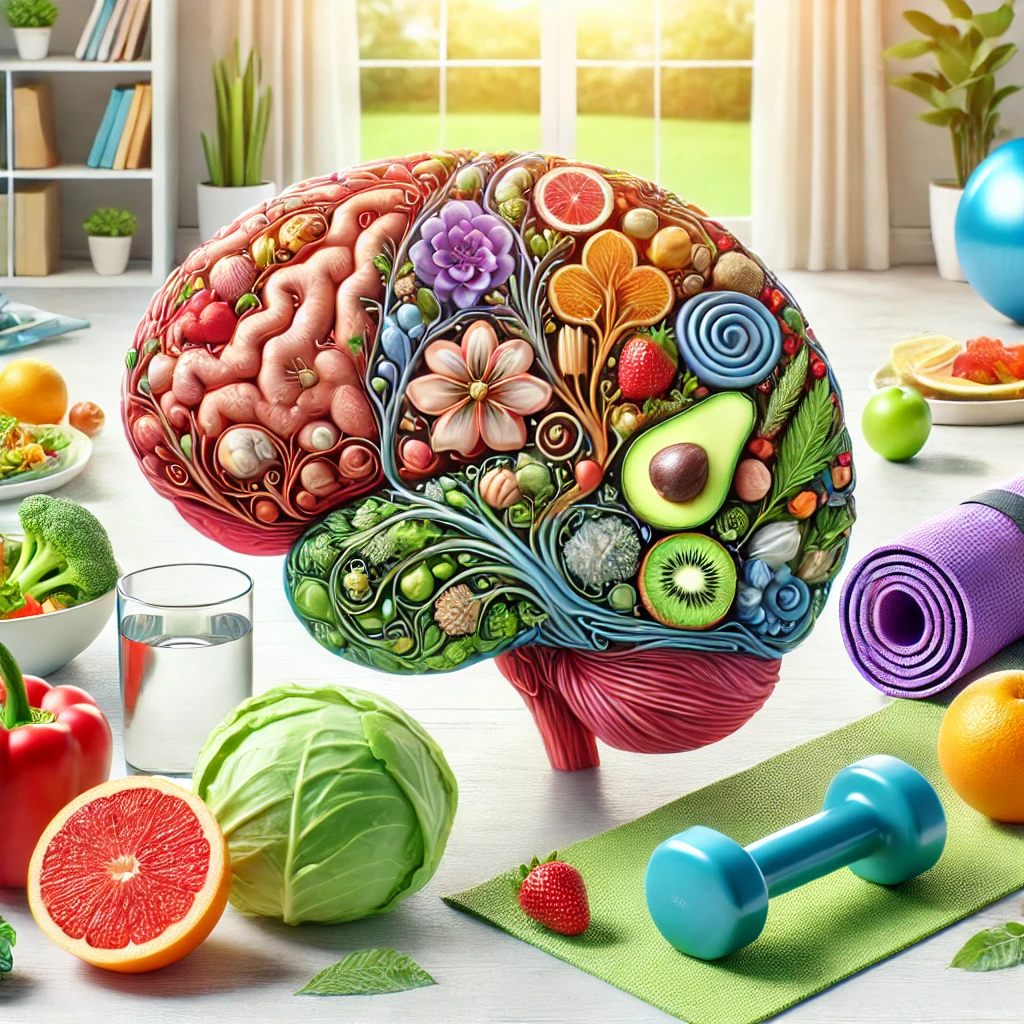
The Role of Diet in Weight Management
Introduction
Diet plays a pivotal role in weight management. While exercise contributes significantly to maintaining overall health, the food you consume dictates whether you gain, lose, or maintain weight. By understanding the connection between diet and weight, individuals can create a sustainable plan to reach their goals. This guide examines the science of nutrition, effective dietary strategies, and common misconceptions about weight management.
Understanding Energy Balance
The concept of energy balance forms the foundation of weight management. Energy balance occurs when the calories consumed equal the calories burned by the body for various functions such as breathing, digestion, and physical activity. This section explores how energy balance impacts weight management.
Caloric Intake
Calories serve as the primary energy source for the body. Consuming more calories than the body requires leads to weight gain, while a caloric deficit results in weight loss. Understanding your daily caloric needs is crucial for effective weight management. Use our calorie calculator guide to determine your specific needs.
Caloric Expenditure
The body burns calories through three primary methods:
- Basal Metabolic Rate (BMR): The energy used for basic life functions such as breathing and circulation.
- Thermic Effect of Food (TEF): The calories burned during the digestion and absorption of nutrients.
- Physical Activity: The energy spent on exercise and daily movements.
To balance your energy expenditure, explore our article on staying active throughout the day.
Macronutrients and Their Role in Weight Management
Macronutrients—carbohydrates, proteins, and fats—play distinct roles in the body and affect weight management differently. Understanding their functions helps in creating a balanced diet.
Carbohydrates
Carbohydrates provide the body with its primary energy source. While often blamed for weight gain, they are essential for proper bodily function. Focus on consuming complex carbohydrates such as:
- Whole grains (quinoa, oats, brown rice)
- Fruits and vegetables
- Legumes
For more details, check our guide on healthy carbohydrate choices.
Proteins
Proteins are vital for muscle repair and growth. They also promote satiety, making it easier to control caloric intake. Include protein-rich foods like:
- Lean meats (chicken, turkey)
- Eggs and dairy products
- Plant-based options (tofu, beans, lentils)
Learn how to incorporate protein into every meal by visiting our protein meal guide.
Fats
Fats are essential for hormone production and energy storage. Choose healthy fats from sources such as:
- Avocados
- Nuts and seeds
- Olive oil and fatty fish
Discover the importance of healthy fats in our article on essential fats for weight management.
The Role of Portion Control
Even healthy foods can contribute to weight gain if consumed in large quantities. Portion control ensures you do not exceed your daily caloric needs. Techniques for portion control include:
- Using smaller plates
- Pre-portioning snacks
- Measuring food servings
Find practical tips for portion control in our comprehensive guide.
The Impact of Meal Timing
When you eat can influence weight management. Strategies like intermittent fasting and avoiding late-night snacks can improve metabolism and prevent weight gain.
Intermittent Fasting
Intermittent fasting involves cycling between eating and fasting periods. Common methods include the 16/8 approach, where individuals fast for 16 hours and eat within an 8-hour window. Learn more in our intermittent fasting guide.
Nighttime Eating
Eating late at night can disrupt digestion and lead to weight gain. Avoid heavy meals close to bedtime for optimal results. For more tips, see our nighttime eating guide.
Common Dieting Myths
Many misconceptions about diet and weight management exist. Addressing these myths can help individuals make informed decisions. Common myths include:
- Myth 1: Carbs cause weight gain.
- Myth 2: Fat-free foods are always healthy.
- Myth 3: Skipping meals promotes weight loss.
Explore the truth behind these myths in our myth-busting article.
Conclusion
The role of diet in weight management cannot be overstated. By understanding the importance of energy balance, macronutrients, portion control, and meal timing, individuals can create a sustainable plan for long-term success. Pairing a healthy diet with regular exercise amplifies results and promotes overall well-being.
For additional insights, check out these related topics:



